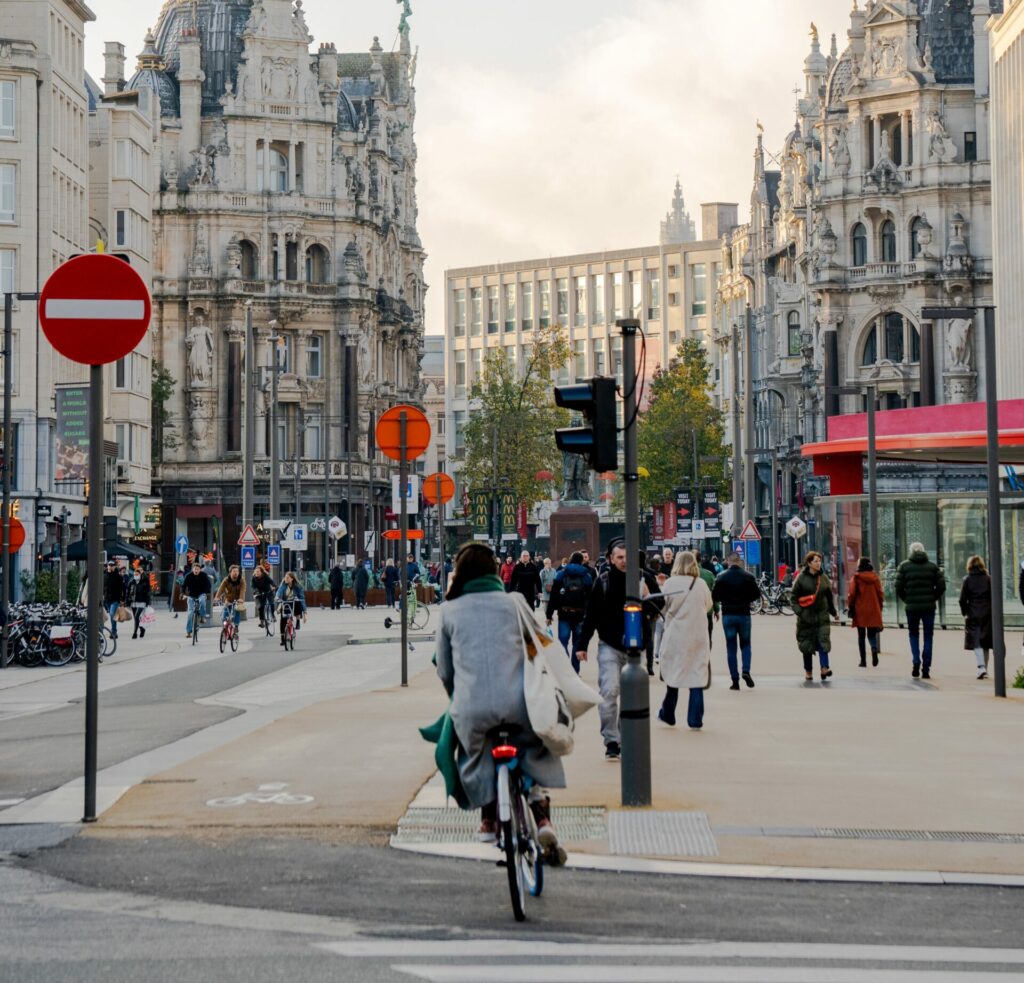More than 6,000 Flemish and Brussels residents swapped their car for public transport, bicycles and their own feet for a month in Flanders’ largest mobility experiment: “30 Days Without A Car”.
Shifting to more sustainable modes of transport, the residents left their car in the garage for the whole month of June. The conclusions from the experiment will be presented to policymakers in autumn, Bruzz reports.
On Thursday, the Sustainable Mobility Network and VUB professor Cathy Macharis announced the end of the campaign. Participants completed a first survey at the start of the 30-day promotion and a second survey in the middle of the month.
In the last survey, they were asked how they approached their car-free month and what difficulties they encountered.
By the end of September, the data from the surveys will be processed into practical recommendations for policymakers. The aim is to investigate to what extent a campaign like “30 Days Without A Car” can change people’s behaviour and mobility routines.
Related News
- Belgium to receive €120 million from EU for infrastructure projects
- The Brussels streets that will be prohibited for cars from 16 August
“There are already several short-term initiatives to promote sustainable mobility, such as Car Free Sunday or Strap Day,” says Macharis. “But with ‘30 Days Without A Car’ we can monitor the behavioural change of the participants over a longer period of time. Research shows that we need more time to really question and change our habits.”
Flemish Minister for Mobility Lydia Peeters will receive the final report with policy recommendations at the Inspiration Day of the Sustainable Mobility Network on September 22. The theme of that day is ‘Behaviour in change’.
Next year, the initiators want to roll out the campaign throughout all of Belgium.

